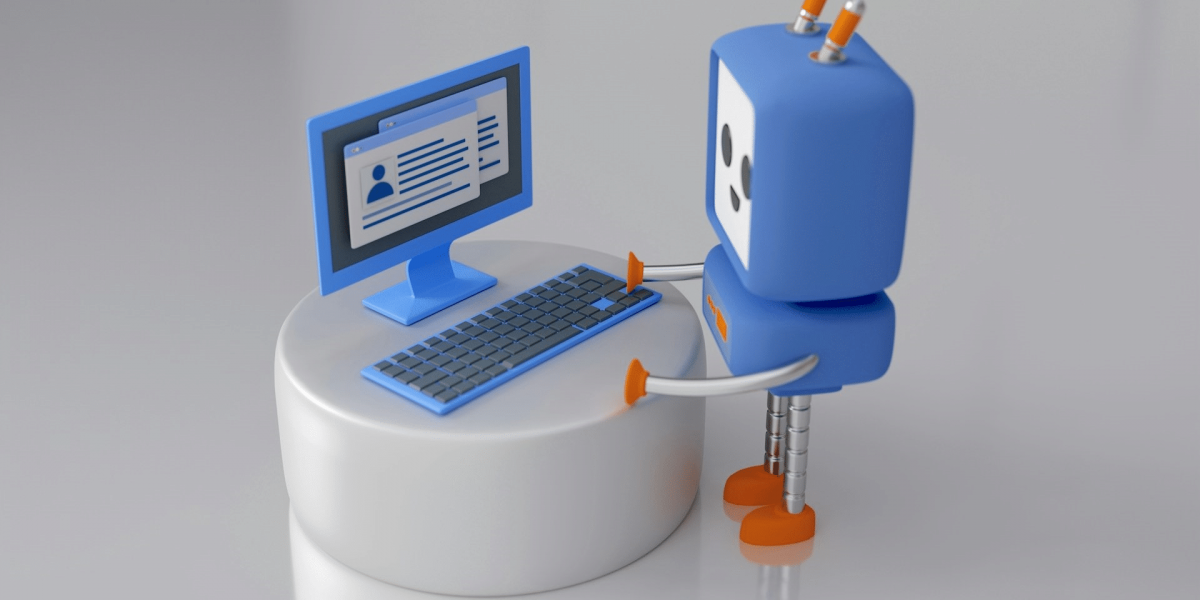Chatbots, once a cutting-edge technological innovation, are now becoming integral tools in the education sector. These AI-powered assistants are transforming how students learn, teachers teach, and institutions manage their operations. This article explores how chatbots are making a significant impact on education and reshaping the way we think about learning.
Personalized Learning Journeys
One of the standout advantages of chatbots in education is their ability to offer personalized learning experiences. Unlike traditional classrooms, where teaching is often standardized, chatbots can cater to the specific needs, learning preferences, and pace of individual students. By analyzing data from student interactions, chatbots adjust content, resources, and feedback to help students learn more effectively and at their own speed.
Round-the-Clock Assistance
Another major benefit of chatbots is their constant availability. Unlike human instructors, who are bound by office hours and availability, chatbots are always accessible to provide answers, guidance, and support to students. This around-the-clock service ensures that students can get help when needed, whether it’s during class time, after hours, or even on weekends and holidays.
Boosting Student Engagement
Chatbots are also revolutionizing student engagement by making learning more interactive and enjoyable. Using gamified quizzes, conversations, and challenges, chatbots keep students engaged, motivating them to participate actively. This approach not only makes learning more fun but also improves information retention and encourages students to stay on track with their studies.
Real-Time Feedback and Assessments
One of the most valuable features of chatbots in education is their ability to deliver instant feedback. Instead of waiting for days or weeks for grades, students can get immediate assessments on quizzes and assignments. This quick feedback helps students recognize areas where they need improvement and reinforces their learning process, promoting continuous reflection and self-assessment.
Supporting Teachers and Reducing Workload
Chatbots aren’t just beneficial for students; they also support teachers by automating administrative tasks such as grading, tracking progress, and managing course materials. By streamlining these routine activities, chatbots free up teachers' time, allowing them to focus on more meaningful aspects of teaching, such as personalized instruction, guiding discussions, and nurturing critical thinking skills.
Promoting Accessibility and Inclusivity
Chatbots also play a key role in improving accessibility and inclusivity in education. They can accommodate students with diverse learning needs, such as providing audio content for visually impaired learners, offering translations for non-native English speakers, or modifying content for students with learning disabilities. By ensuring that all students have equal access to resources, chatbots contribute to a more inclusive educational environment.
Data-Driven Insights for Educators
Another advantage of chatbots in education is their ability to gather data and generate valuable insights. By analyzing user interactions, engagement patterns, and performance metrics, chatbots provide educators and administrators with actionable data on student progress. This data can inform teaching strategies, helping educators better understand learning behaviors, identify challenges, and make data-driven decisions to improve educational outcomes.
Challenges and Considerations
Despite their many advantages, the use of chatbots in education presents some challenges. Privacy and data security are major concerns, as chatbots collect sensitive student information. Additionally, there may be questions about the accuracy and quality of the content provided by chatbots, as well as the potential risk of students becoming overly reliant on technology, which could undermine human interaction and emotional intelligence in the learning process.
The Future of Education with Chatbots
In conclusion, chatbots are rapidly changing the education landscape, enhancing personalized learning, providing 24/7 support, increasing engagement, and assisting teachers. Although there are some challenges to consider, the advantages of chatbots in education are undeniable. As these AI-powered tools continue to evolve, their role in shaping the future of learning is likely to expand, offering students and educators a powerful ally in the pursuit of knowledge.















Post a comment